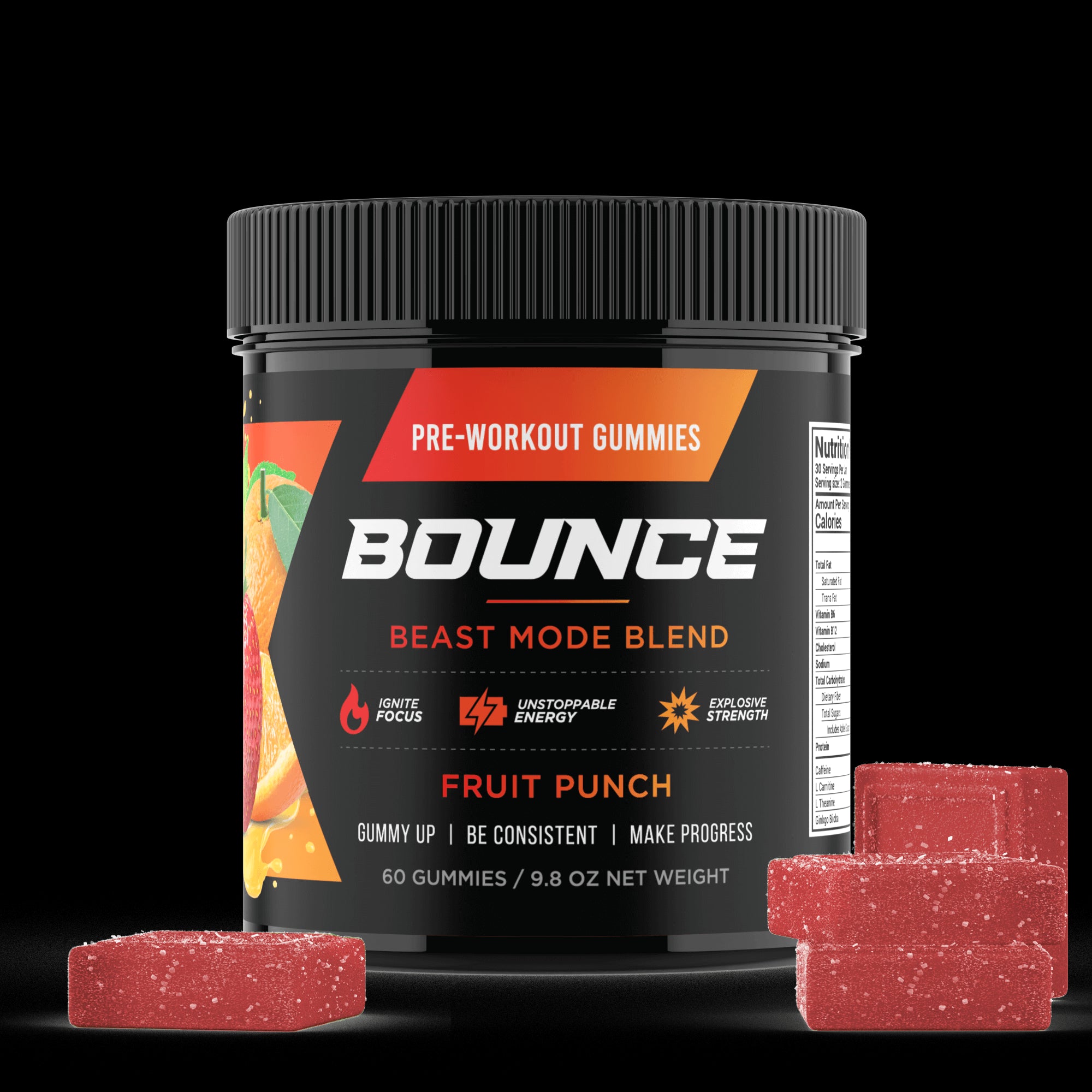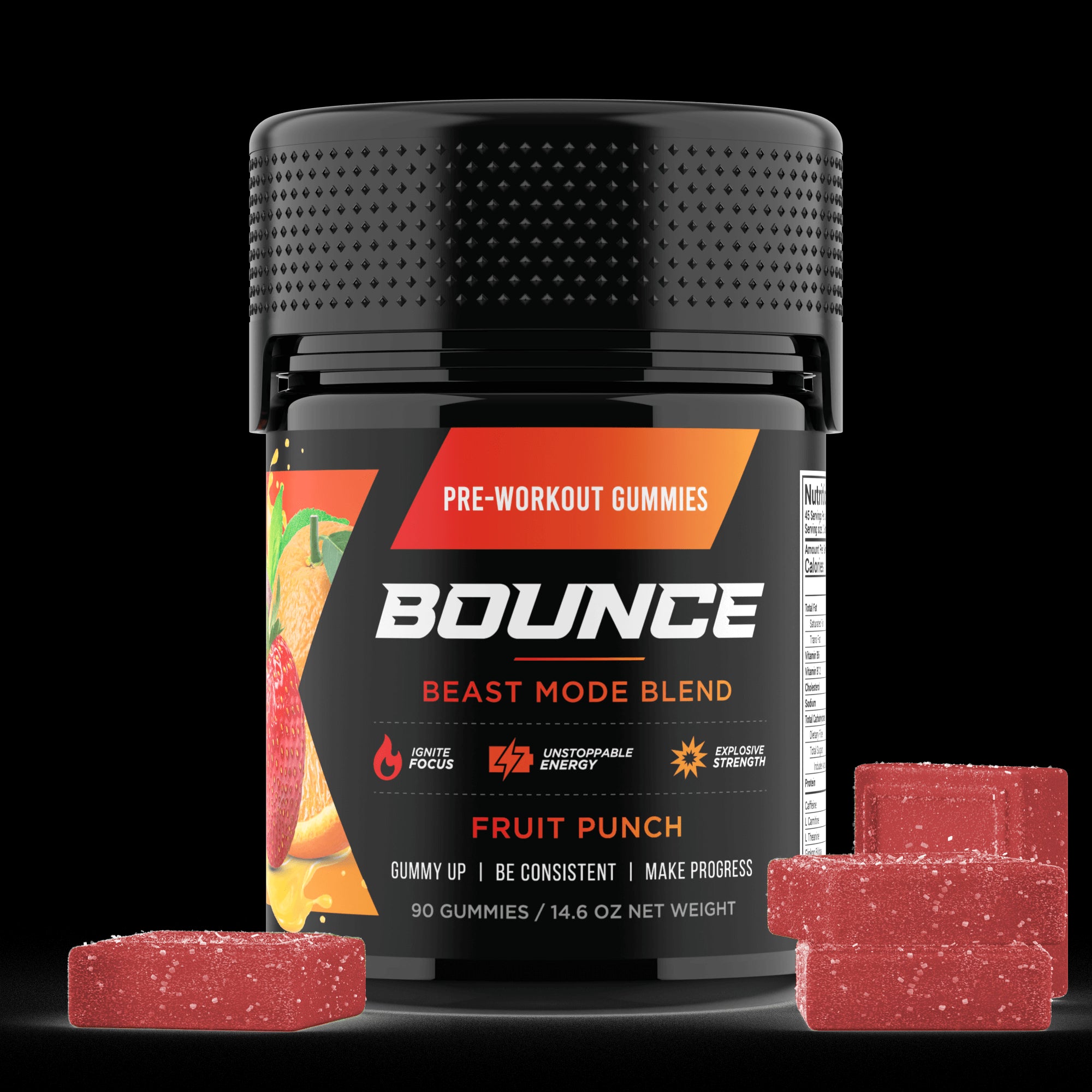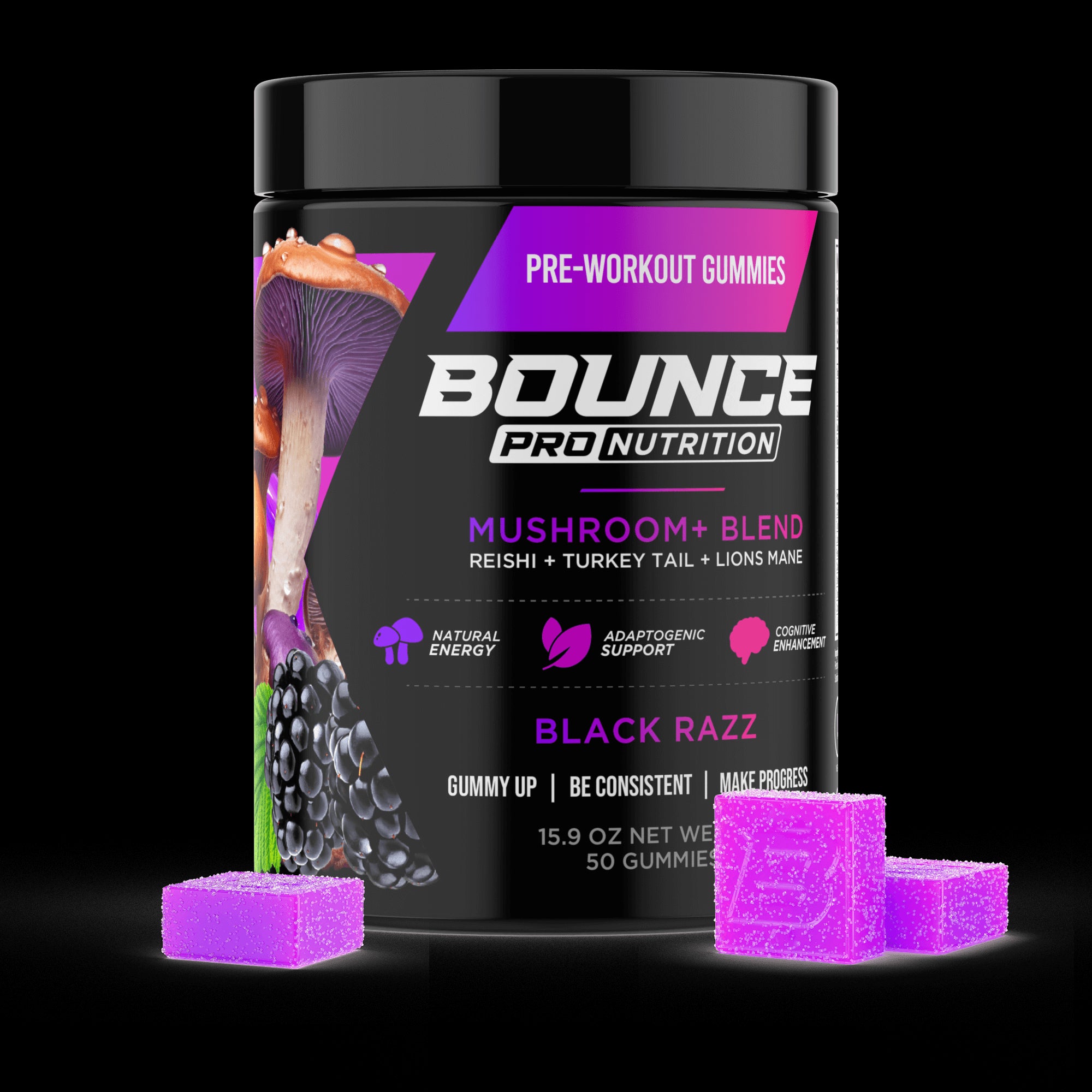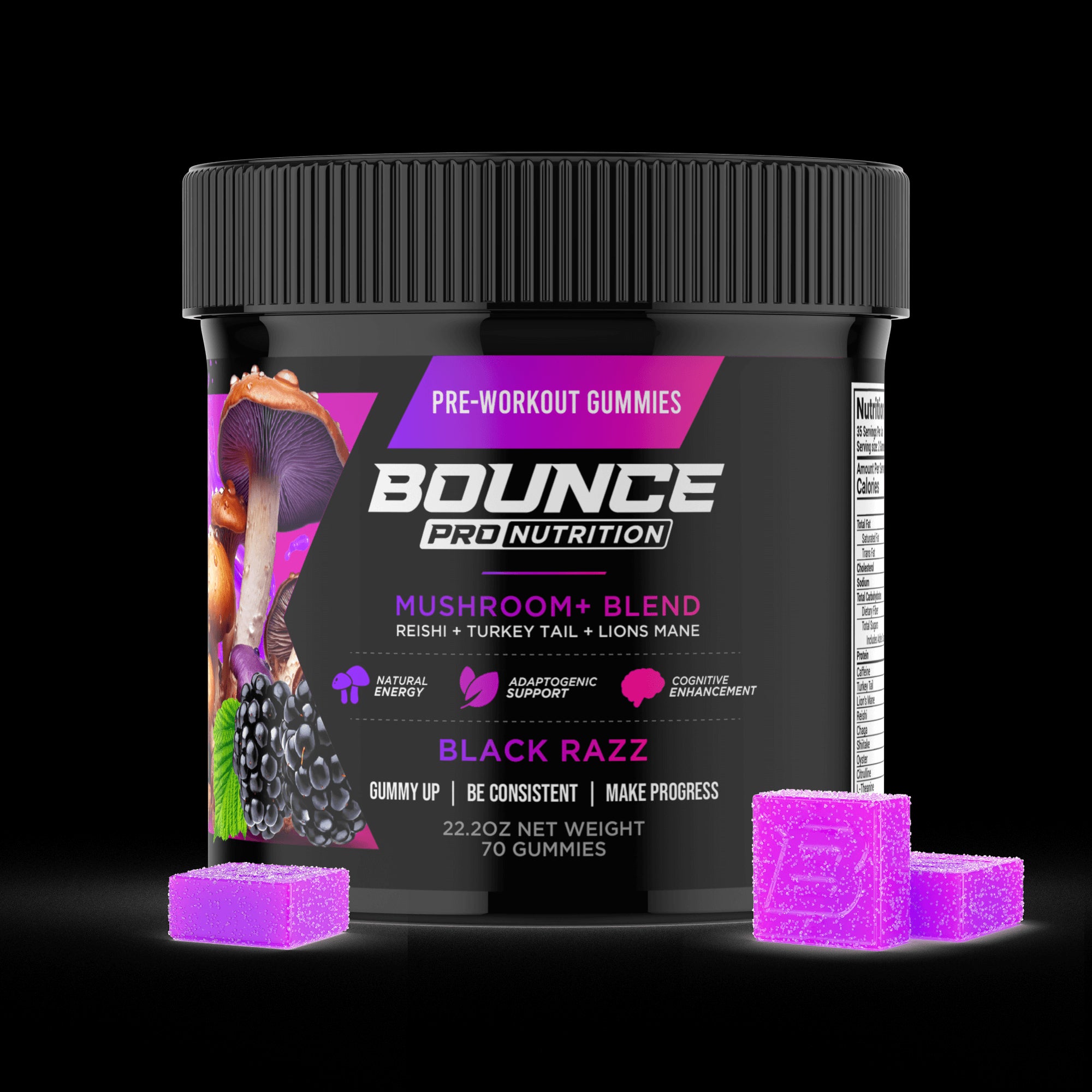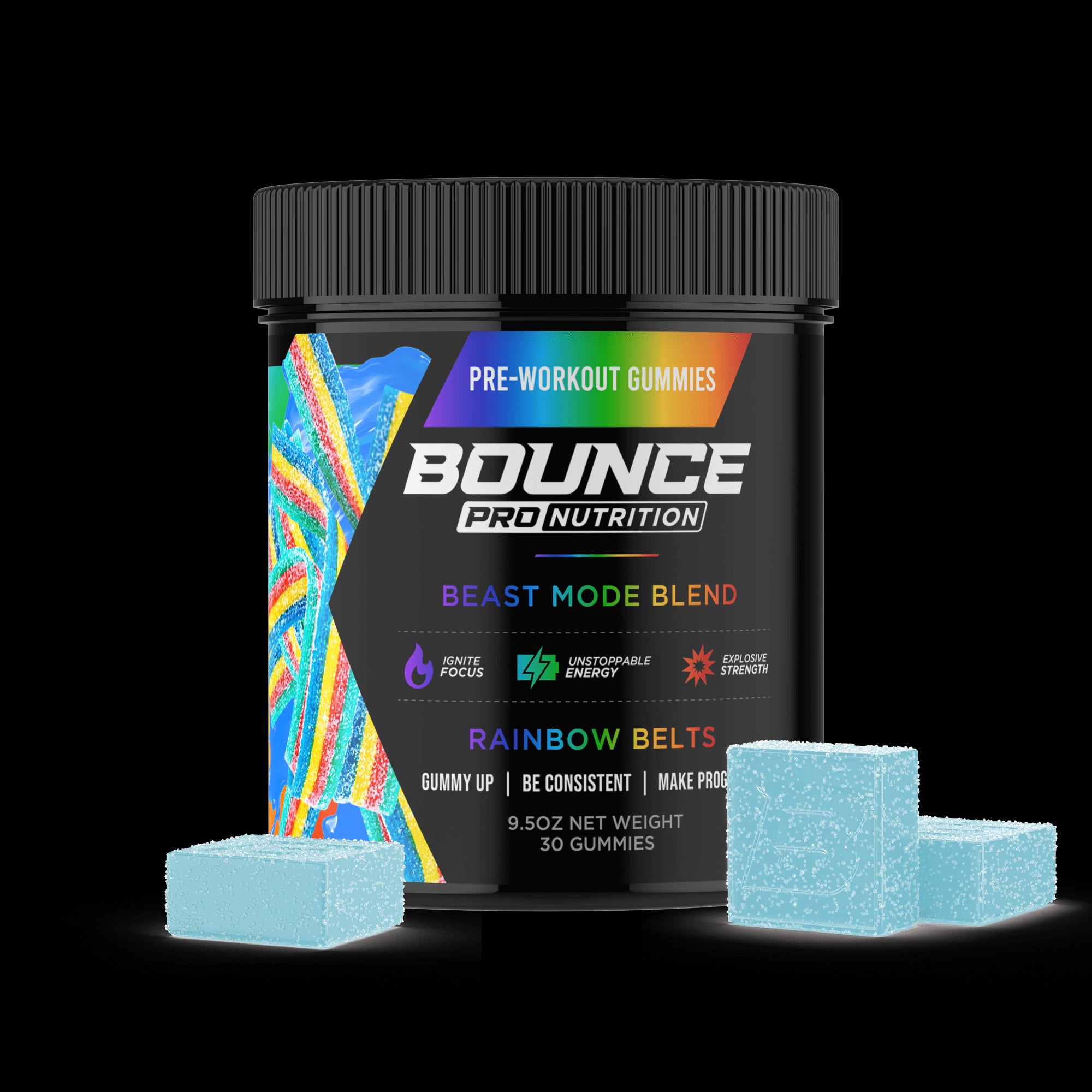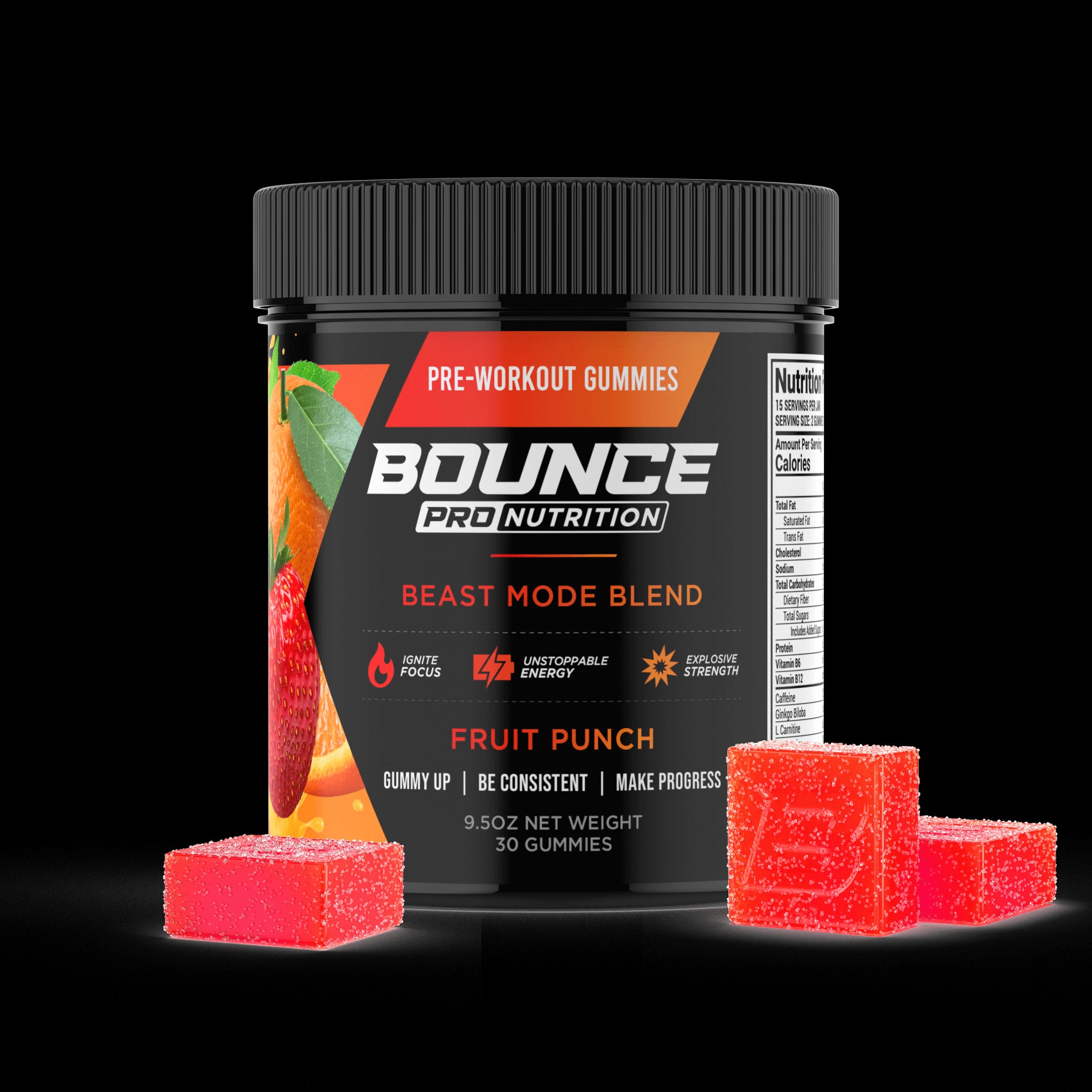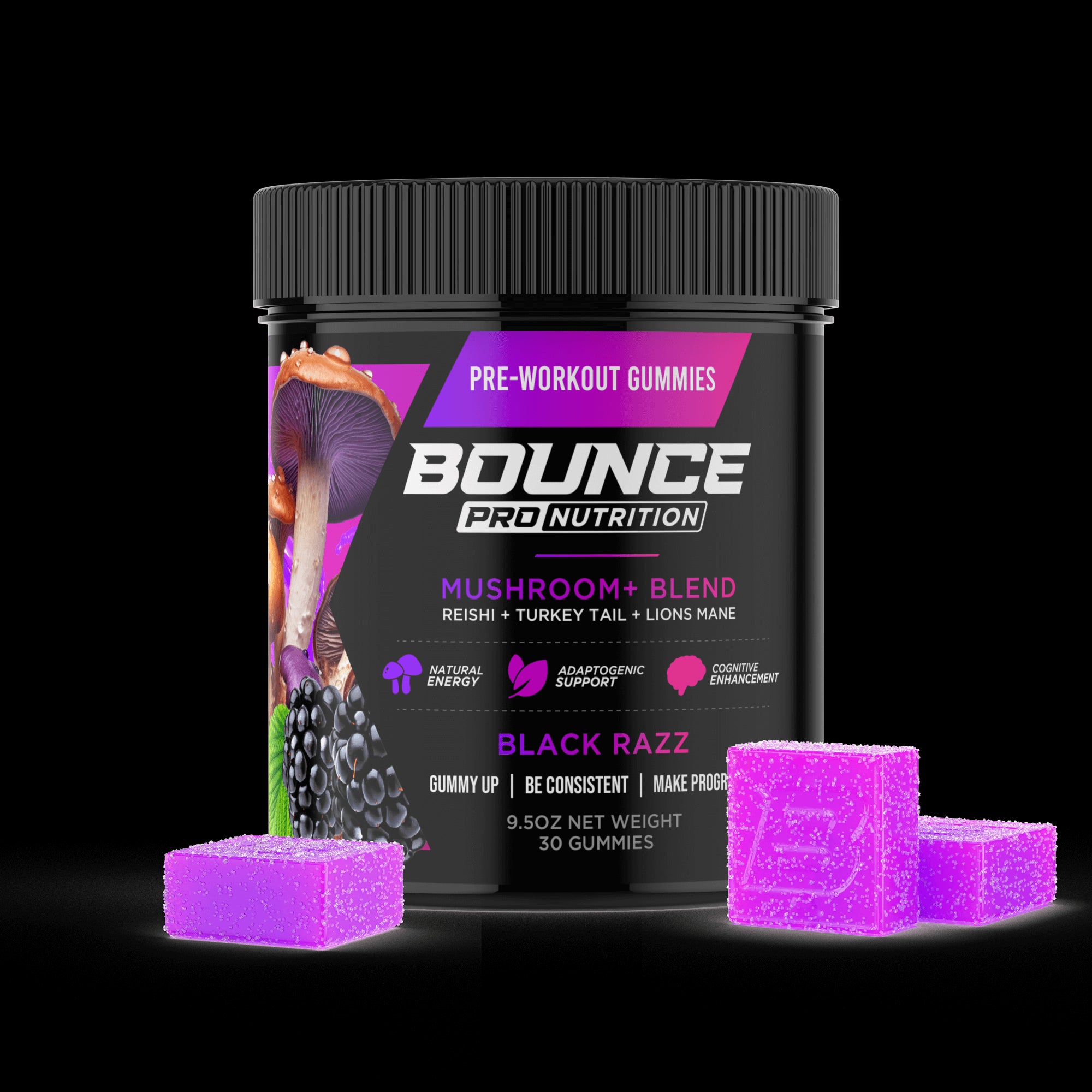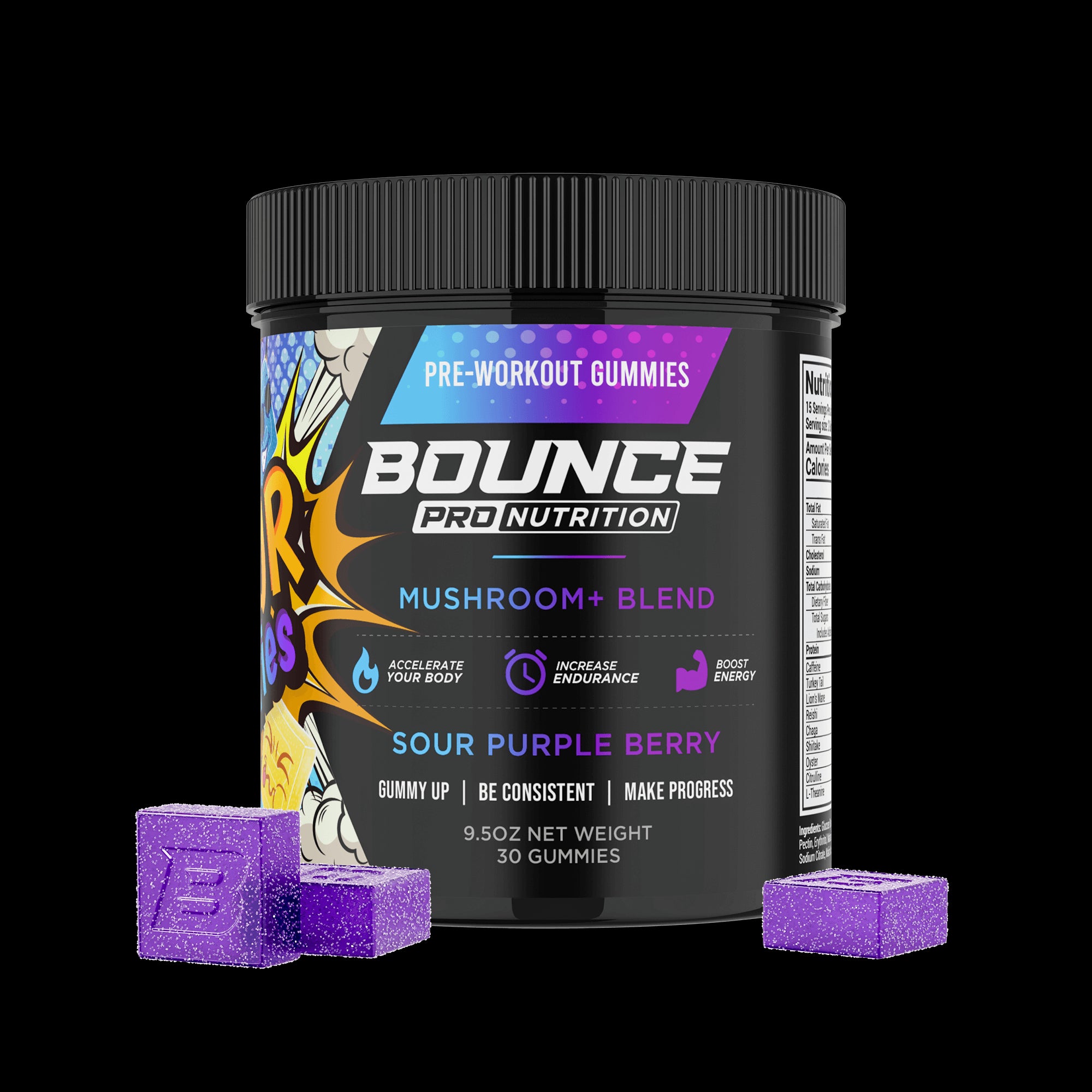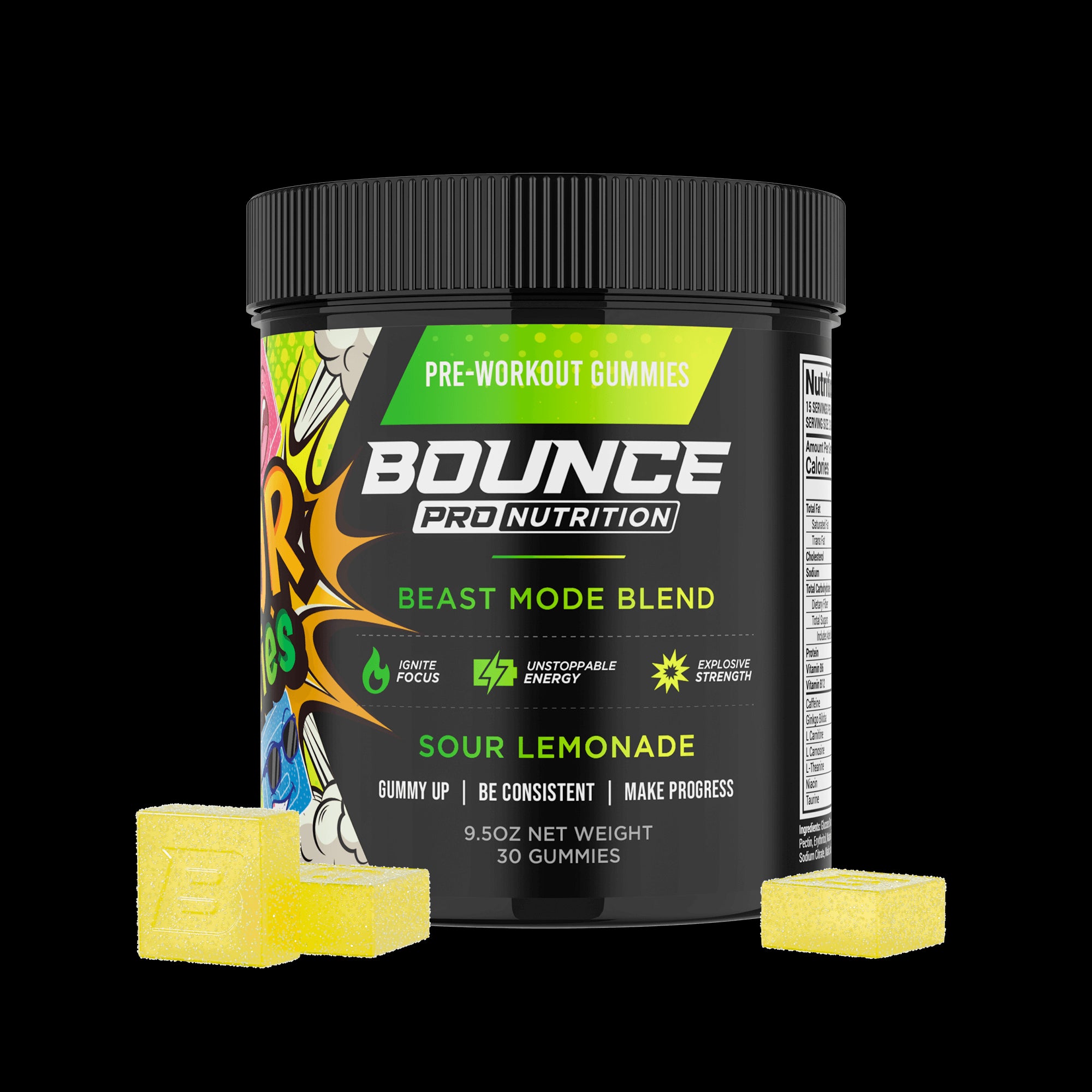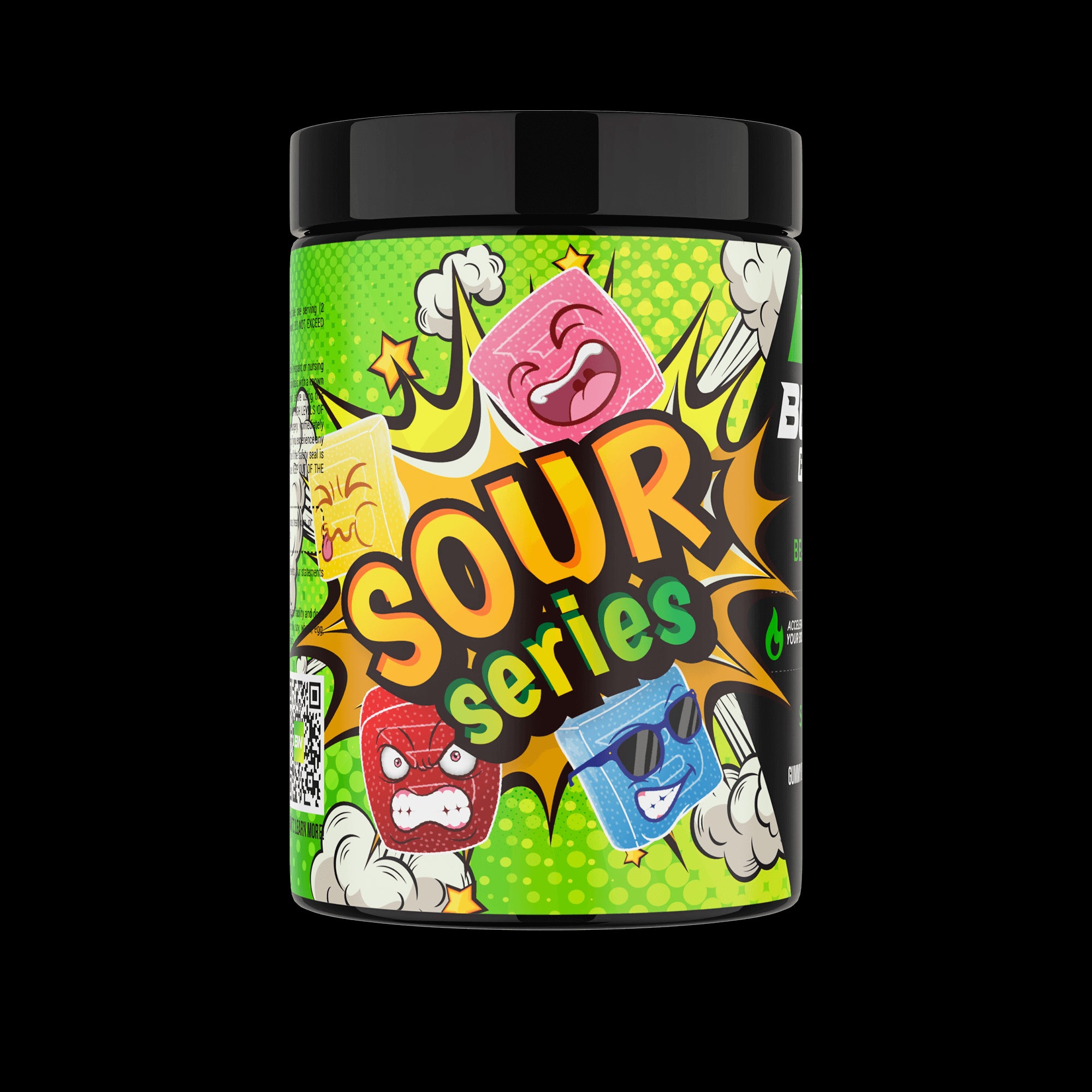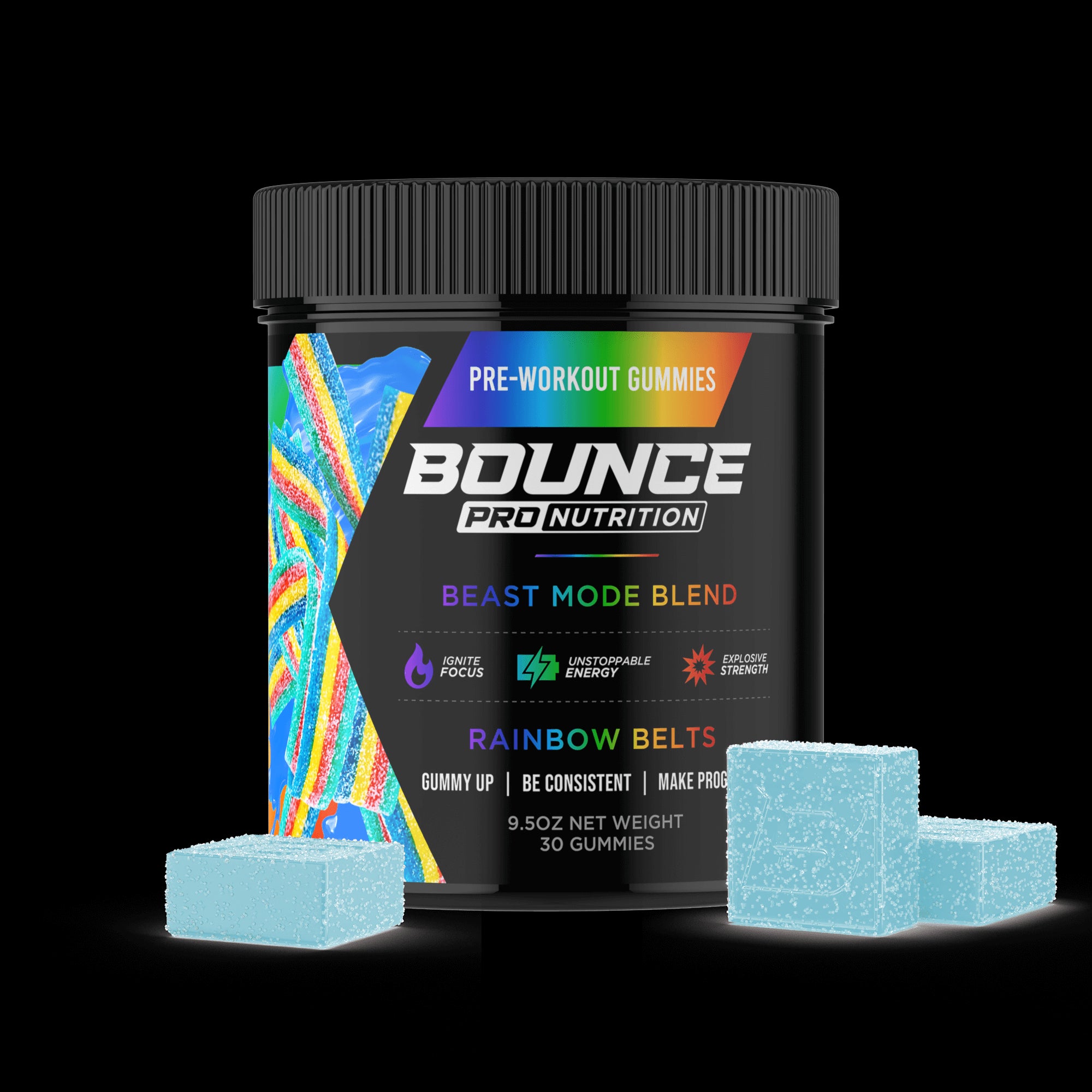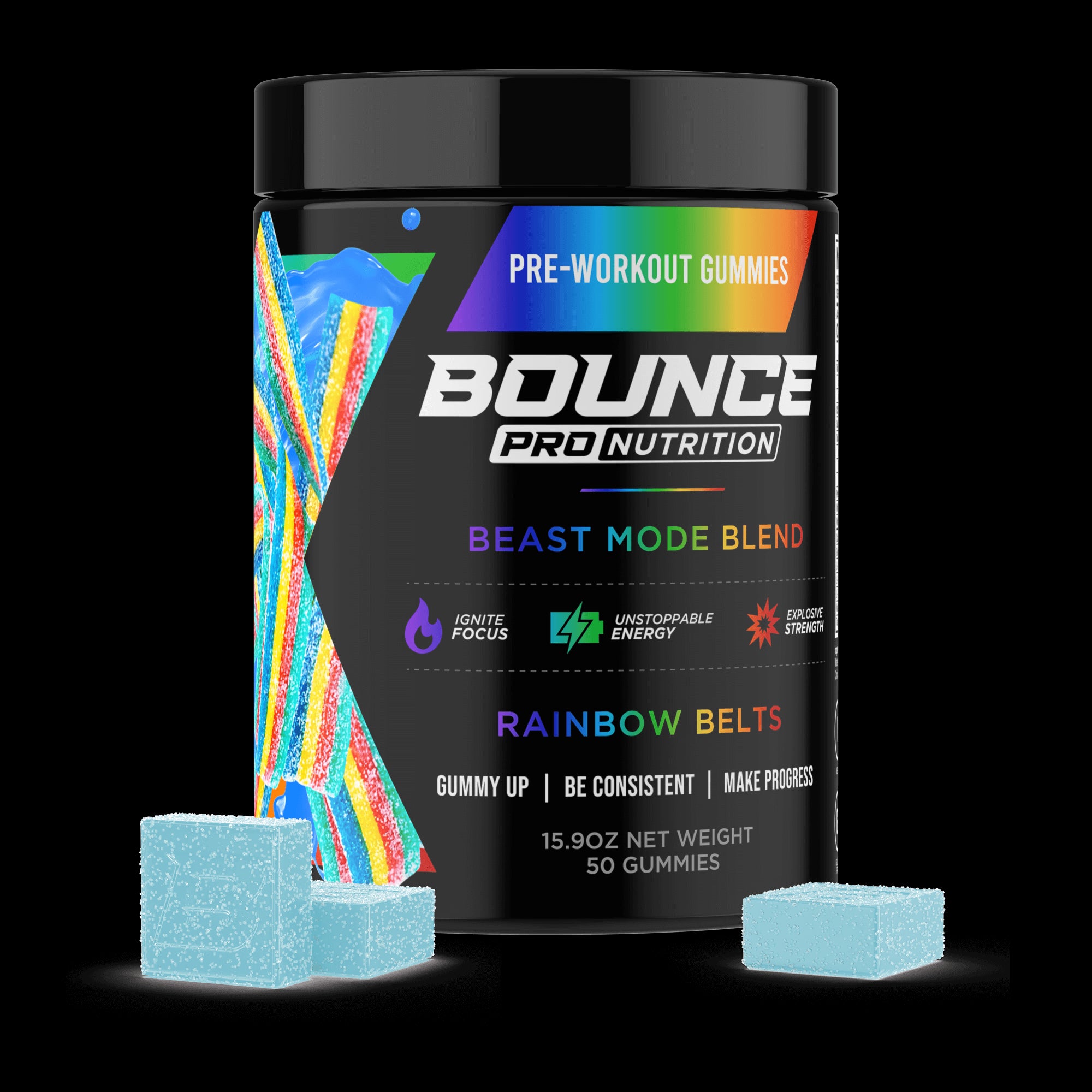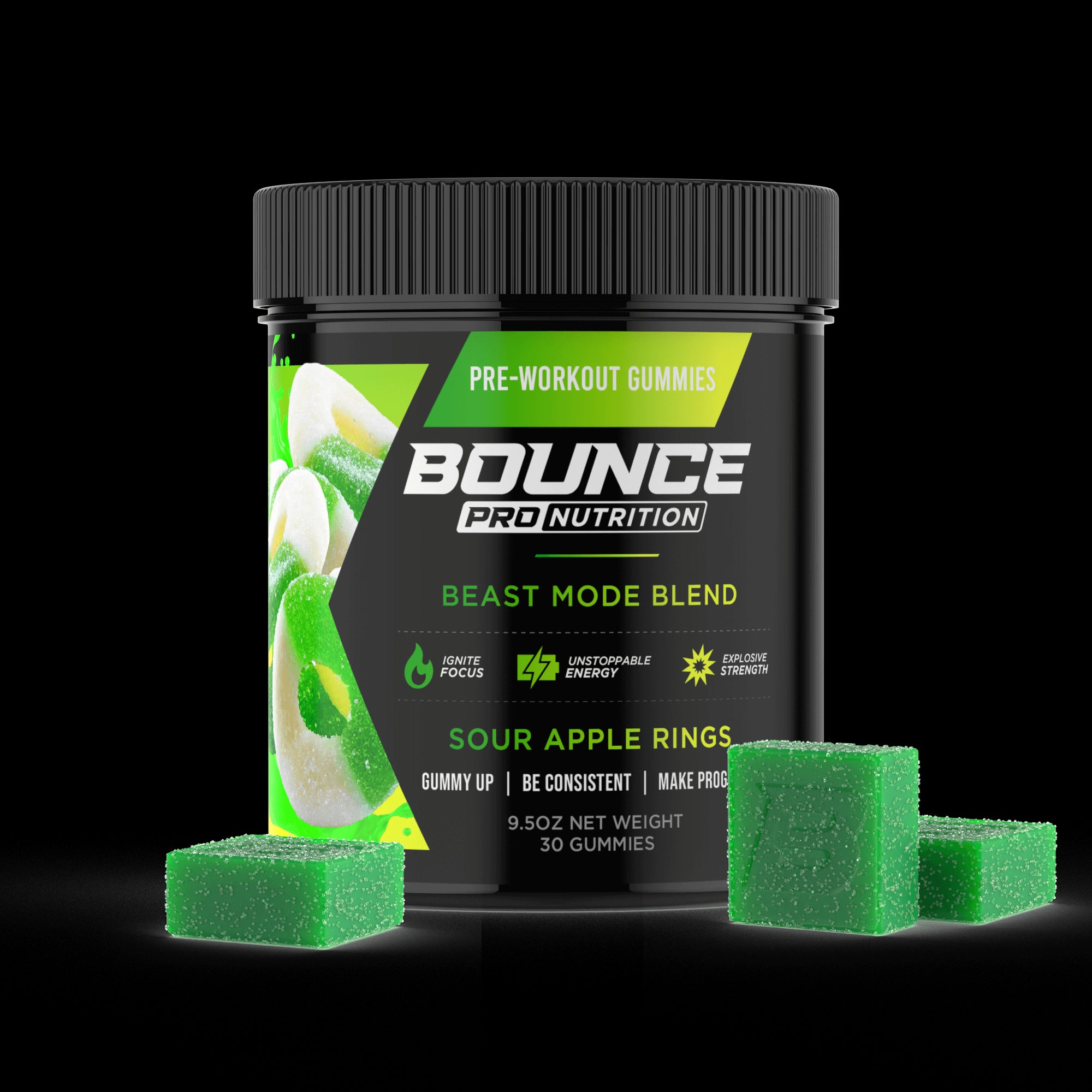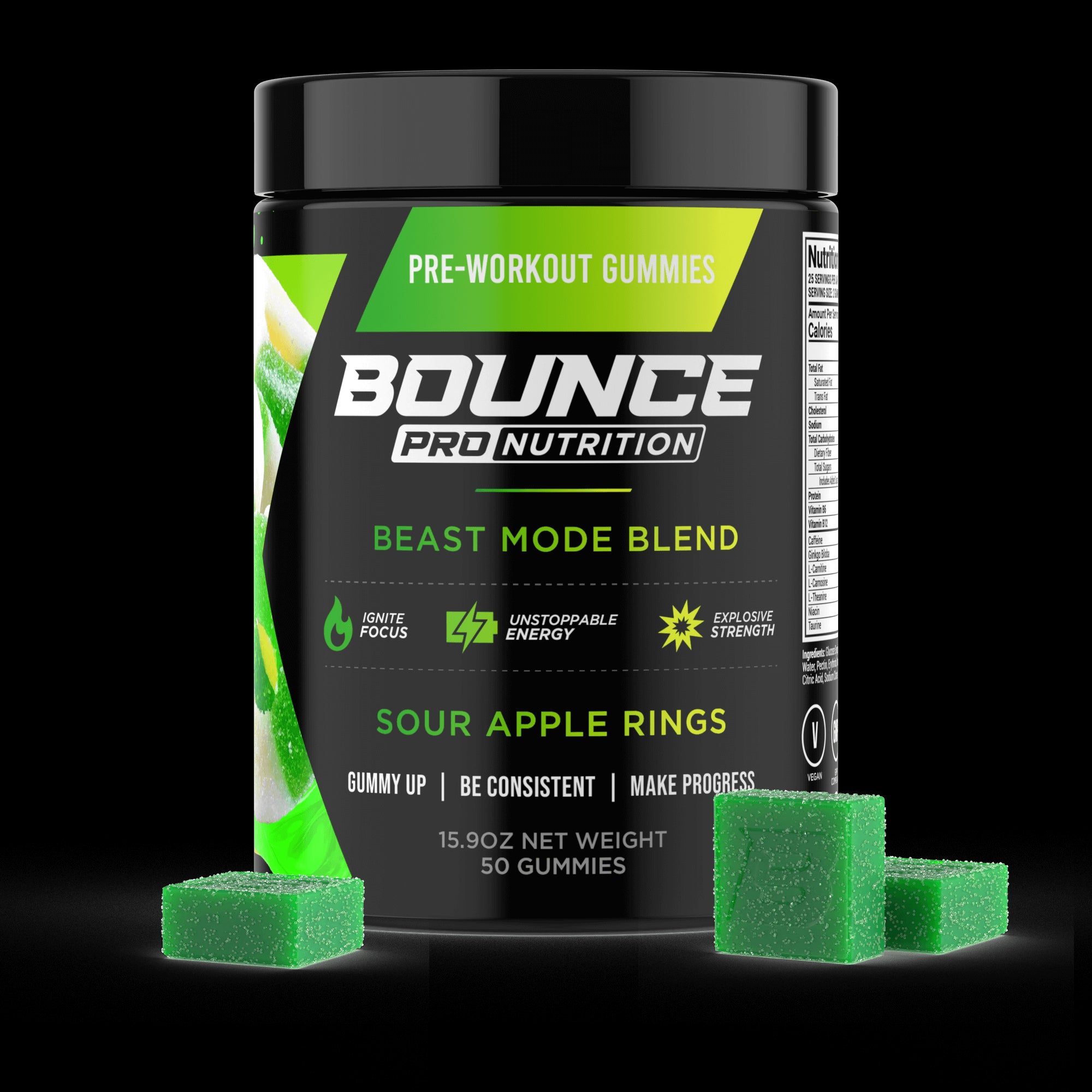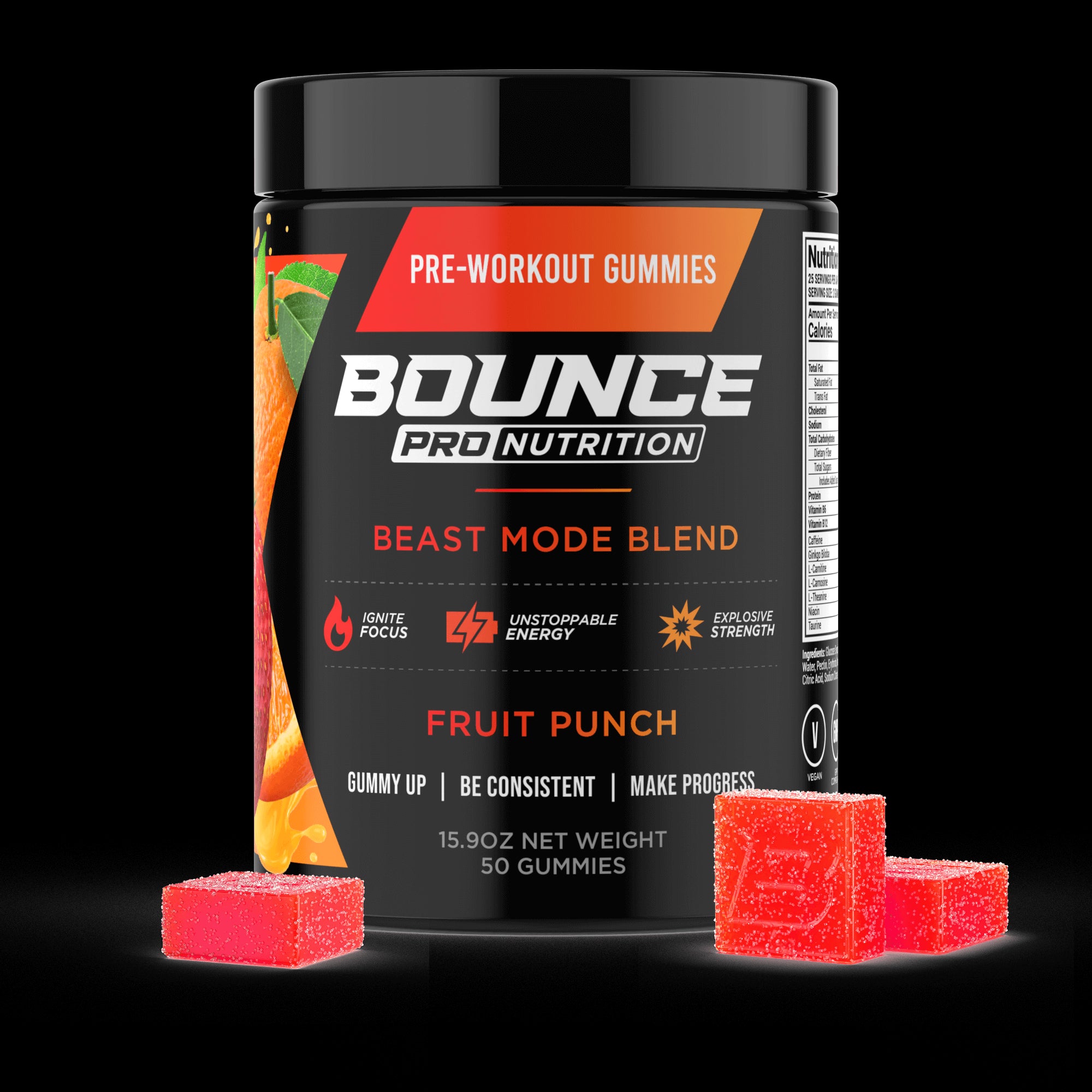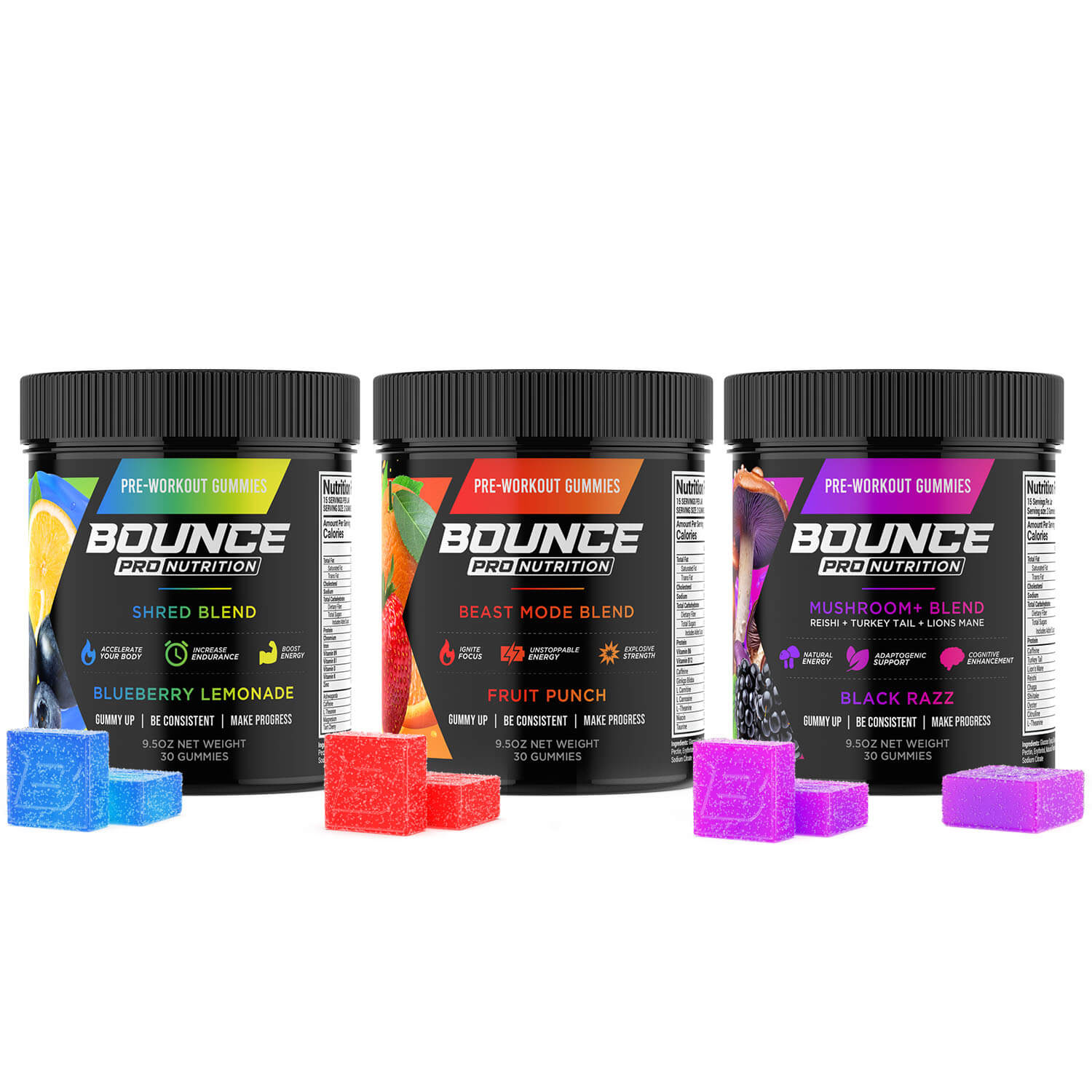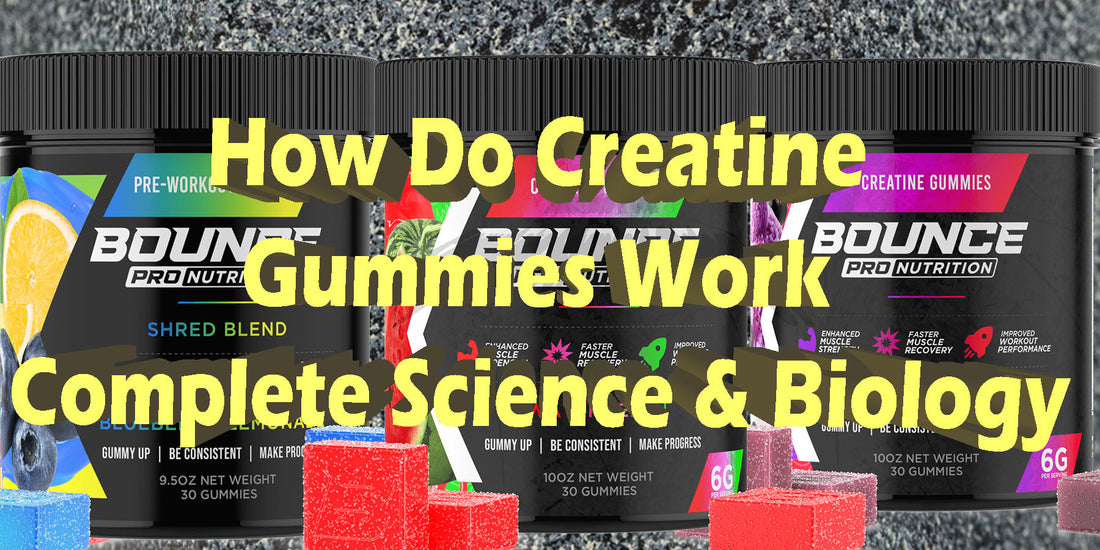Creatine gummies have gained considerable attention in the fitness and health industries as a convenient and tasty way to supplement creatine intake. Unlike traditional creatine powders or capsules, these gummies offer a more approachable and enjoyable consumption method. To understand how creatine gummies work, we must delve into the science and biology behind creatine itself here today.
TO BUY CREATINE GUMMIES CLICK HERE
What Exactly is Creatine?
Creatine has a critical role in cellular energy production. It serves as a substrate for the synthesis of adenosine triphosphate (ATP), the primary energy currency of the cell. During short, intense bursts of physical activity, such as weightlifting or sprinting, the demand for ATP spikes. Creatine phosphate, a stored form of creatine, donates a phosphate group to regenerate ATP from adenosine diphosphate (ADP). This process helps sustain high-intensity efforts for longer durations.
How Creatine Gummies Deliver Creatine
Creatine gummies are designed to provide a pre-measured dose of creatine in a palatable form. They typically contain creatine monohydrate, the most widely studied and effective form of creatine. When consumed, the creatine in gummies follows the same metabolic pathways as creatine from other sources.
Digestion and Absorption
When you chew and swallow a creatine gummy, the digestion process begins in the stomach. The gummy’s gel-like matrix is broken down by stomach acid and digestive enzymes, releasing the creatine into the gastrointestinal tract. From there, creatine is absorbed through the small intestine into the bloodstream via specific transporters on the intestinal lining.
The rate of absorption can vary depending on factors such as the presence of other nutrients, the individual's metabolism, and the specific formulation of the gummy. Some gummies are fortified with carbohydrates, which can enhance creatine uptake into muscle cells due to insulin’s role in facilitating nutrient transport.
Transportation to Muscle Cells
Once in the bloodstream, creatine is transported to muscle cells through specialized creatine transporters (CrTs) embedded in the cell membranes. The concentration gradient—higher levels of creatine in the blood compared to muscle tissue—drives this process. Inside the muscle cells, creatine is stored as free creatine and creatine phosphate. These stores serve as a reservoir for rapid ATP regeneration during high-energy-demand activities.
Biological Mechanisms of Creatine
The biological effects of creatine are multifaceted, impacting not only energy metabolism but also muscle function, cell signaling, and even brain health.
ATP Regeneration
As mentioned earlier, creatine’s primary role is to support the phosphocreatine system. During high-intensity exercise, ATP is depleted within seconds, and the body needs to regenerate it quickly to sustain effort. Creatine phosphate provides a rapid source of phosphate groups to convert ADP back into ATP, thereby delaying fatigue and enhancing performance.
Increased Muscle Hydration
Creatine gummies has osmotic properties, meaning it attracts water into muscle cells. This increased water content not only contributes to the “full” and “pumped” appearance often associated with creatine use but also creates an intracellular environment conducive to protein synthesis and muscle growth.
Enhanced Protein Synthesis
Creatine has been shown to stimulate protein synthesis by activating key signaling pathways involved in muscle growth, such as the mTOR (mechanistic target of rapamycin) pathway. This contributes to muscle hypertrophy and recovery, making creatine an essential supplement for strength and size gains.
Buffering of Lactic Acid
During prolonged or high-intensity exercise, the accumulation of lactic acid can lead to muscle fatigue and discomfort. Creatine gummies helps buffer this acidity by stabilizing pH levels within muscle cells, allowing athletes to sustain performance for longer periods.
Cognitive Benefits
Creatine is not just for muscles; it also has a vital role in brain health. The brain consumes a significant amount of ATP, particularly during mentally demanding tasks. By increasing phosphocreatine stores in the brain, creatine supplementation can enhance cognitive function, improve memory, and even reduce mental fatigue.
How Creatine Gummies Support Performance and Recovery
Let's now explore how creatine gummies specifically support performance, recovery/adaption, and the long-term benefits.
Performance Enhancement
The immediate benefit of creatine supplementation is improved performance in high-intensity, short-duration activities. This includes activities like weightlifting, sprinting, and other anaerobic exercises. By providing a readily available pool of phosphocreatine, creatine gummies help athletes sustain peak effort during workouts, leading to better results over time.
To better break it down:
- Increased Strength and Power: Creatine supplementation enhances the body’s ability to perform short bursts of intense activity. Research has shown that athletes who take creatine can increase their lifting capacity and improve their sprint times, making creatine gummies a great option for those looking to boost their athletic performance.
- Improved Endurance for High-Intensity Exercise: In addition to enhancing strength, creatine helps buffer muscle fatigue during intense training. With higher levels of available energy, athletes can maintain peak performance during demanding exercises like HIIT, resistance training, or any activity that requires short bursts of effort.
Recovery and Adaptation
Creatine gummies also accelerates recovery by reducing muscle damage and inflammation post-exercise. Its ability to enhance cell signaling and protein synthesis promotes quicker adaptation to training stimuli, allowing athletes to train harder and more frequently.
To better break it down:
- Faster Muscle Recovery: After an intense workout, muscles experience microtears that need time to heal. Creatine helps in protein synthesis, which is the process by which the body repairs and builds muscle. By taking creatine, athletes can recover more quickly, allowing for better performance in subsequent training sessions.
- Reduced Muscle Damage: Creatine gummies has been shown to decrease muscle breakdown, particularly after strenuous exercise. This leads to less soreness and faster adaptation, meaning athletes can train harder and more frequently without the fear of overtraining.
- Support for Muscle Growth: Creatine contributes to muscle hypertrophy (growth) by increasing the water content of muscle cells, making them swell and increasing their size. This "cell volumization" effect also stimulates protein synthesis, a critical part of muscle building.
Long-Term Benefits
Creatine gummies isn’t just beneficial for short-term performance; it has significant long-term benefits for athletes, especially those looking to make sustained gains in muscle mass, strength, and endurance, such as the following:
- Increased Muscle Mass Over Time: By taking creatine consistently over time, athletes can see significant increases in lean muscle mass. As creatine draws water into the muscles, it creates an environment conducive to muscle growth. The increase in available energy also enables athletes to train harder, further stimulating muscle development. It has also been linked to increased bone density, making it a valuable supplement for older adults or those at risk of osteoporosis.
- Improved Neural Adaptation: As creatine boosts performance, it allows athletes to push beyond their previous limits, which leads to improved neural adaptation. Over time, this adaptation enhances coordination and muscle recruitment, allowing athletes to lift heavier weights or perform more intense exercises.
- Cognitive Benefits for Long-Term Training: Emerging research suggests that creatine may have benefits beyond physical performance, including potential cognitive support. Creatine supplementation has been linked to improved focus and mental clarity, which can be especially helpful for athletes who need to stay sharp during long training sessions or competitions.
- Sustained Recovery for Training Consistency: Consistent recovery is key to long-term progress. Creatine allows athletes to recover more quickly, leading to better training frequency and fewer missed workouts. Over time, this can lead to improved physical conditioning and greater overall performance improvements.
Factors Affecting Creatine’s Efficacy
The efficacy of creatine gummies, like any form of creatine supplementation, is mainly influenced by the following:
- Dosage and Timing: The efficacy of creatine depends on proper dosing. Most creatine gummies are formulated to provide an optimal daily dose of 3-5 grams. Some athletes prefer to load creatine initially by consuming higher doses (20 grams per day split into multiple servings) for the first week, followed by a maintenance dose. However, this loading phase is not strictly necessary and may be skipped. Timing is another consideration. While creatine is not time-sensitive, taking it post-workout with a carbohydrate-rich snack or meal may enhance muscle uptake.
- Hydration and Water Intake: Creatine draws water into muscle cells, which can lead to water retention in the muscles. Adequate hydration is necessary for this process to work optimally. Dehydration may impair the efficacy of creatine supplementation, especially in gummy form, which may have a high sugar content that could further impact hydration.
- Individual Response: Not everyone responds to creatine supplementation in the same way. Approximately 20-30% of individuals are considered “low responders”, meaning they experience minimal performance benefits. This variation is often attributed to differences in baseline muscle creatine levels, diet, and genetic factors.
The Future of Creatine Supplementation
The science of creatine supplementation continues to evolve, with ongoing research exploring novel delivery methods and additional benefits. Innovations like creatine gummies represent a step forward in making supplementation more accessible and user-friendly.
Researchers are also investigating creatine’s potential beyond sports performance, including its role in managing neurodegenerative diseases, improving metabolic health, and supporting overall well-being. These findings could further solidify creatine’s position as a versatile and valuable supplement for a wide range of individuals.
Essentially, the biology and science behind creatine are well-established, making it one of the most effective and trusted supplements available. So, by understanding how creatine works at a molecular and cellular level, consumers can appreciate the value of creatine gummies and incorporate them effectively into their fitness and wellness routines.

